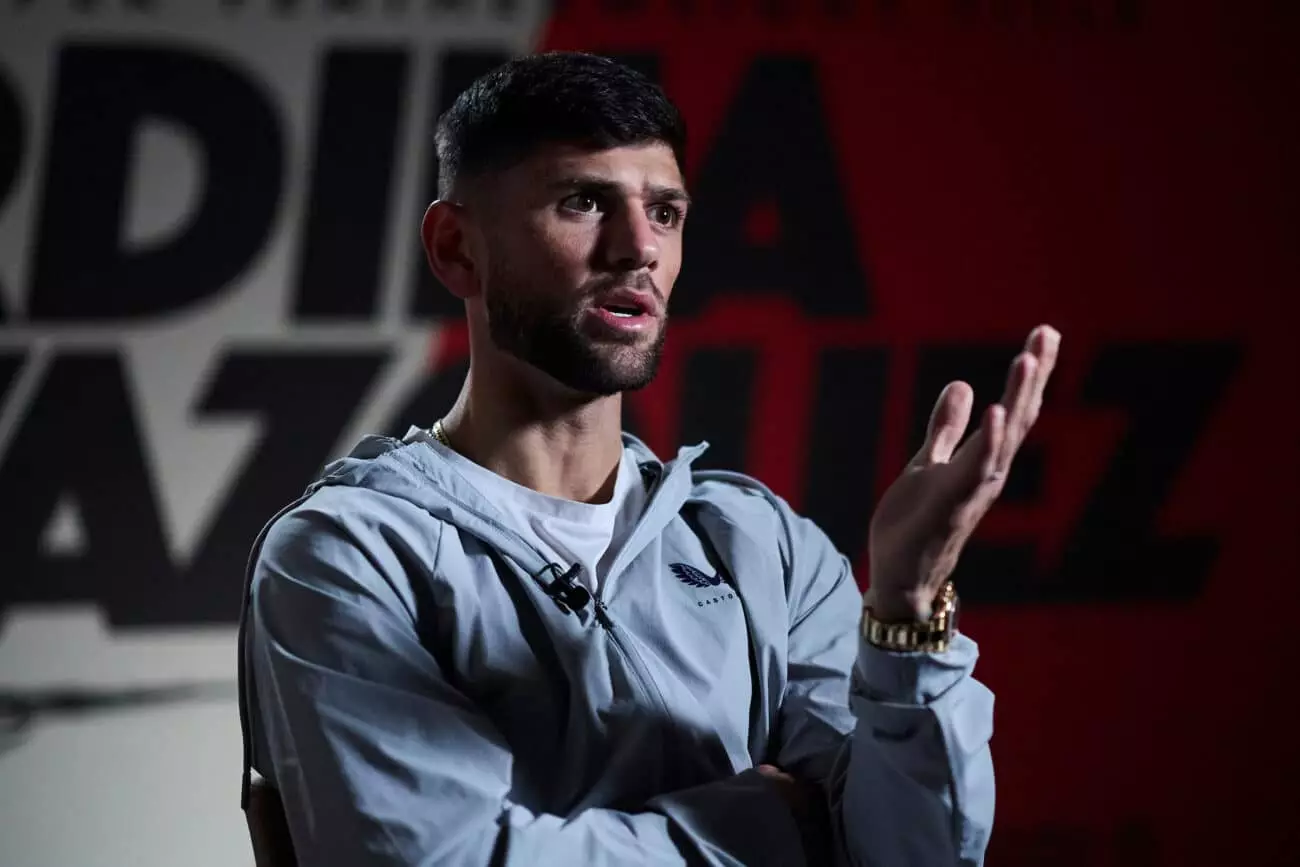Joe Cordina has faced significant hurdles in his boxing career, most recently evident in his inability to secure a much-anticipated fight with Shakur Stevenson, which was originally scheduled for October 12. Cordina’s hand injury not only sidelined him but also derailed what could have been a potential career-defining opportunity. For a 33-year-old fighter, this postponement is particularly disheartening, as it prevents him from capitalizing on a lucrative bout that could have significantly boosted his earnings and reputation. Boxing is an unforgiving sport, and every lost opportunity can represent a step backward in a fighter’s career.
Instead of rescheduling the bout with Cordina, Shakur Stevenson quickly pivoted to other opponents, ultimately signing to fight up-and-coming prospect Floyd Schofield for his WBC lightweight title on February 22 in Riyadh, Saudi Arabia. This change reveals not only Stevenson’s competitive spirit but also a strategic decision to maintain momentum in his career rather than waiting for Cordina’s recovery. For Cordina, this shift indicates a growing disconnect in the competitive landscape, as prospective challengers have little patience for those currently sidelined by injuries.
The financial implications of this missed opportunity can’t be overlooked. Reports indicate that Schofield will receive more than $1 million for his match with Stevenson—a figure that highlights both the lure of high-stakes boxing and the risks inherently involved. Had Cordina been able to participate, he might have also secured a substantial payday. Such opportunities are crucial in a sport where a single match can define one’s financial future. Cordina’s failure to engage in this fight not only loses him immediate income but also severely diminishes his marketability as a contender.
To regain his footing, Cordina may need to consider moving up to the lightweight division. The reality is that his recent knockout loss to Anthony Cacace—a bout where he struggled throughout—makes him an unlikely candidate for an immediate title shot in any weight class. A shift to lightweight offers a fresh start; however, breaking into this new division will require Cordina to establish himself once more. The uphill battle becomes steeper with his advanced age and unproven status at 135 pounds. The fighter must absorb significant lessons from his recent experiences and work diligently to earn respect and recognition within the ring.
At this juncture, Joe Cordina faces a critical moment in his boxing career. It is essential that he reassesses his goals, strategies, and training regimen. There need not be a false sense of entitlement to title shots based solely on past credentials. His performance against Cacace, combined with an injury-induced withdrawal from a key fight, indicates a pressing need for improvement and adaptability in a highly competitive environment. If Cordina can harness his skills and reshape his approach, a brighter future in boxing still lies ahead. But the path will require dedication, resourcefulness, and perhaps, a little luck.

